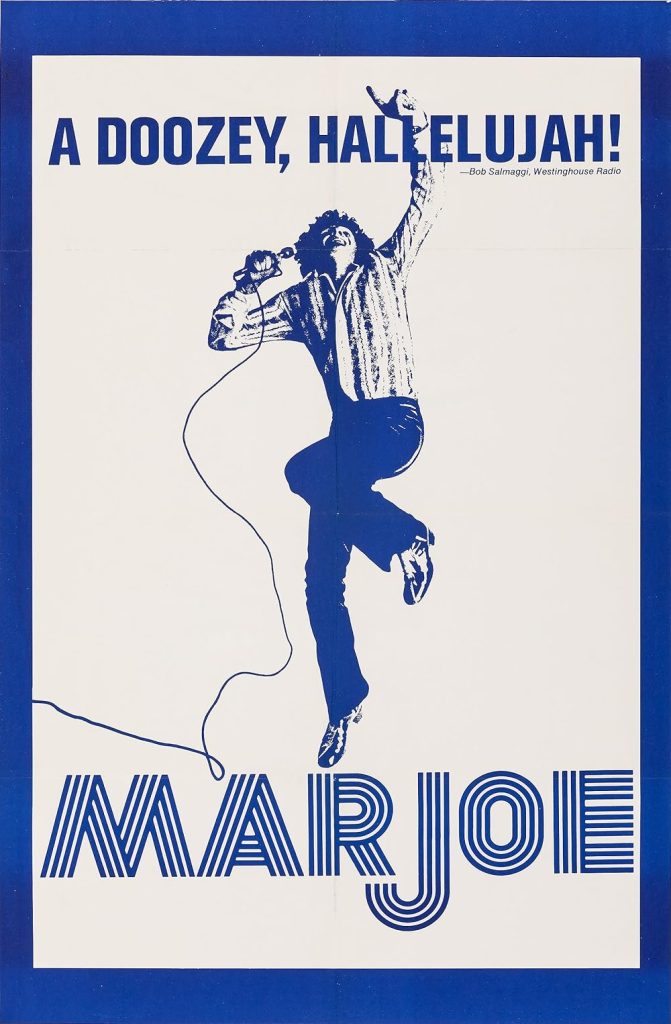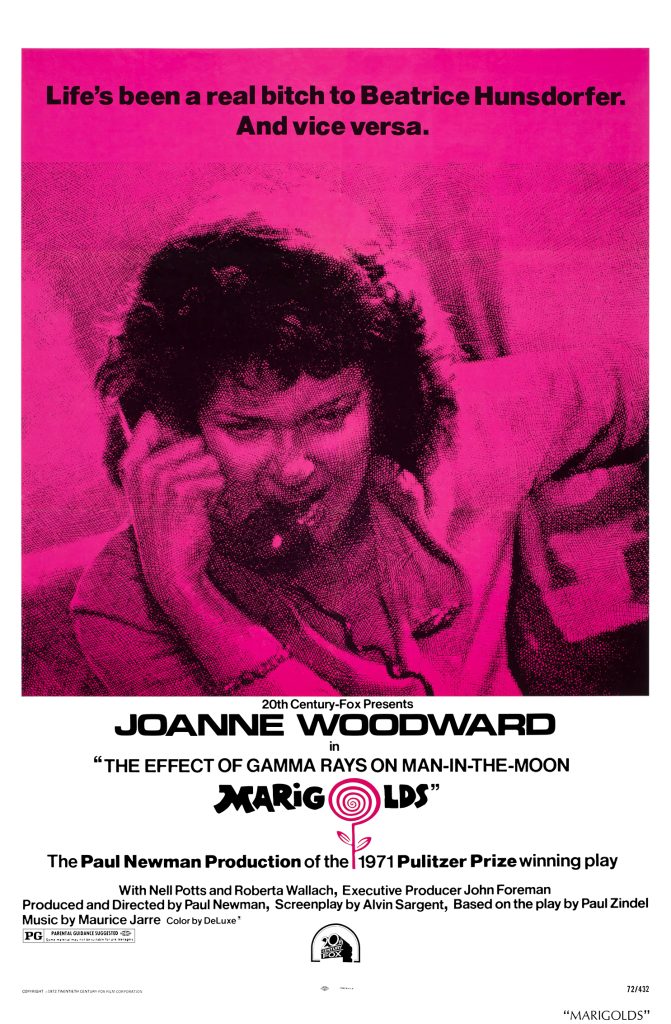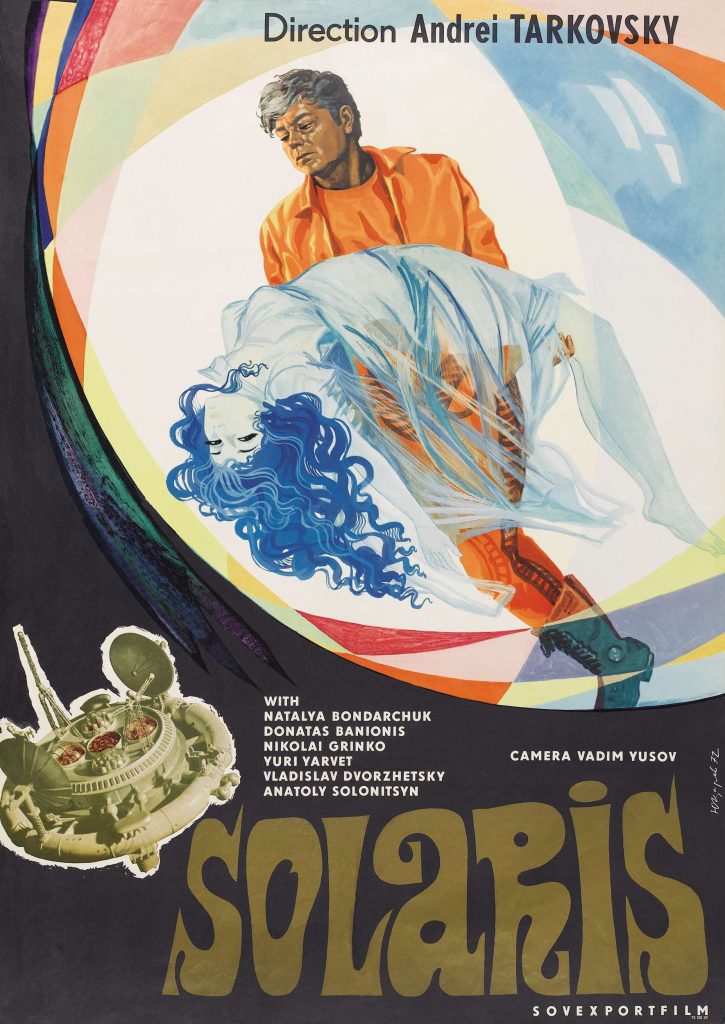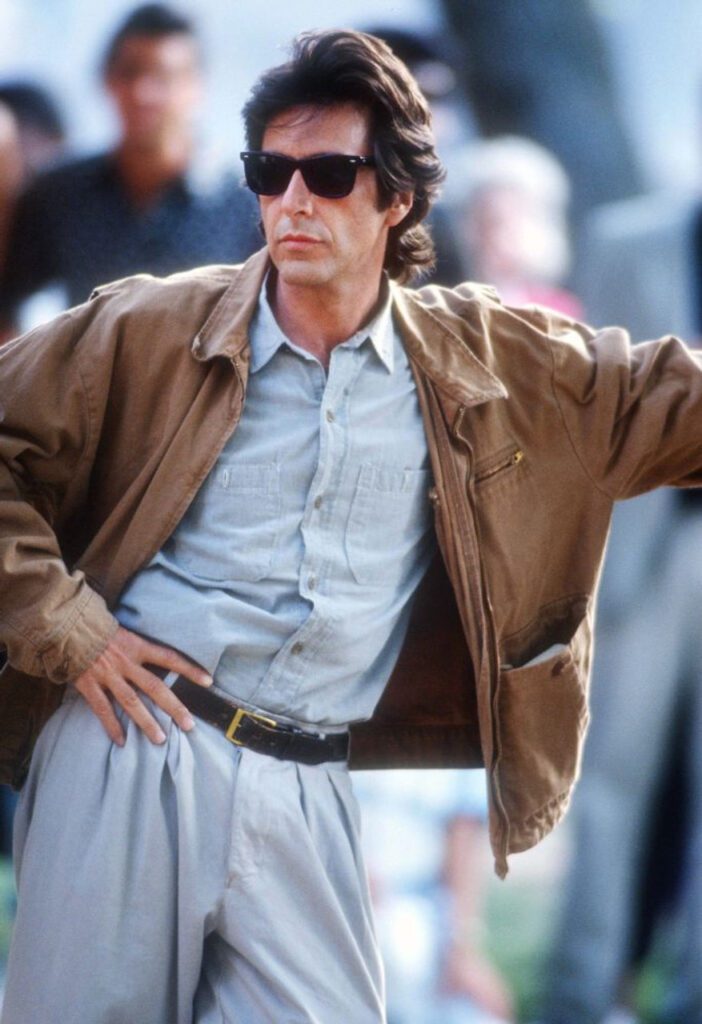Top Ten Films of 1972
1972 was a remarkable year in cinema, with films that left an indelible mark on the industry and continue to influence filmmakers today. From crime dramas to science fiction, and from thrillers to unique documentaries, the diversity and quality of films released in 1972 make it a standout year in the history of film. Here’s a look at the top ten films of 1972, reviewed and ranked in descending order.

- Five Fingers of Death
Director: Chang-hwa Jeong
Starring: Lo Lieh, Wang Ping, Tien Feng
Awards: None notable
“Five Fingers of Death” (also known as “King Boxer”) was a pivotal film in the martial arts genre, significantly influencing the global popularity of kung fu movies. The film follows a young martial artist, Chao Chih-Hao (Lo Lieh), who trains to become a kung fu master and compete in a tournament to restore his master’s honor. Known for its intense fight scenes and innovative use of slow motion and sound effects, “Five Fingers of Death” set the stage for future martial arts films.
The film was a commercial success, particularly in the United States, where it became a cult favorite. It was one of the first kung fu movies to achieve widespread popularity in the West, paving the way for stars like Bruce Lee. Critics appreciated its action choreography and the charismatic performance of Lo Lieh, although some noted its formulaic plot. Nevertheless, its influence on the genre and its role in popularizing martial arts cinema make it a worthy inclusion on this list.

- Marjoe
Directors: Sarah Kernochan, Howard Smith
Starring: Marjoe Gortner
Awards: Academy Award for Best Documentary Feature
“Marjoe” is a compelling and unusual documentary that explores the life of Marjoe Gortner, a child preacher who became disillusioned with the evangelical movement. The film follows Gortner as he embarks on a final tour of revival meetings, exposing the manipulative techniques used by evangelists to exploit their congregations.
The documentary’s strength lies in its candid and unflinching look at the world of revivalist preachers. Gortner’s charismatic presence and honesty about his past lend the film an authenticity and emotional depth that resonated with audiences and critics alike. “Marjoe” won the Academy Award for Best Documentary Feature, highlighting its impact and significance. Its exploration of faith, deception, and redemption remains relevant and thought-provoking.

- Frenzy
Director: Alfred Hitchcock
Starring: Jon Finch, Alec McCowen, Barry Foster
Awards: None notable
“Frenzy” marked Alfred Hitchcock’s return to his native England and is considered one of his late-career masterpieces. The film tells the story of a serial killer, known as the Necktie Murderer, terrorizing London, and the innocent man wrongly accused of his crimes. With its dark humor, suspenseful plot, and graphic violence, “Frenzy” was a departure from Hitchcock’s earlier, more restrained works.
Critics praised “Frenzy” for its taut storytelling, complex characters, and Hitchcock’s masterful direction. The film’s raw and unflinching portrayal of violence shocked some viewers but also showcased Hitchcock’s ability to adapt to changing cinematic tastes. “Frenzy” stands out as a bold and compelling thriller that reaffirmed Hitchcock’s status as a master of suspense.

- Love / Chloe in the Afternoon (L’amour l’après-midi)
Director: Éric Rohmer
Starring: Bernard Verley, Zouzou, Françoise Verley
Awards: None notable
“Love in the Afternoon” is the final installment of Éric Rohmer’s “Six Moral Tales” series, a collection of films exploring complex human relationships and moral dilemmas. The film follows Frédéric (Bernard Verley), a married man who becomes infatuated with a former girlfriend, Chloé (Zouzou). As he contemplates an affair, he is forced to confront his values and the consequences of his actions.
Rohmer’s nuanced and introspective approach to storytelling is evident in “Love in the Afternoon,” with its rich character development and philosophical undertones. The film’s exploration of fidelity, desire, and self-awareness resonated with audiences and critics, earning it praise for its thoughtful and realistic portrayal of modern relationships. Rohmer’s meticulous direction and the strong performances by the cast make this film a standout in his oeuvre.

- Lone Wolf and Cub: Sword of Vengeance
Director: Kenji Misumi
Starring: Tomisaburo Wakayama, Fumio Watanabe, Tomoko Mayama
Awards: None notable
“Lone Wolf and Cub: Sword of Vengeance” is the first film in a series adapted from the popular manga of the same name. The story follows Ogami Ittō (Tomisaburo Wakayama), a disgraced samurai who becomes an assassin for hire, accompanied by his young son, Daigoro. The film is known for its stylized violence, beautiful cinematography, and emotional depth.
Critics praised “Lone Wolf and Cub: Sword of Vengeance” for its compelling story, complex characters, and innovative action sequences. The film’s blend of samurai tradition and modern filmmaking techniques set it apart from other genre films of the time. It remains a cult classic and a significant influence on both Japanese and Western filmmakers.

- The Effect of Gamma Rays on Man-in-the-Moon Marigolds
Director: Paul Newman
Starring: Joanne Woodward, Nell Potts, Roberta Wallach
Awards: Cannes Film Festival Best Actress (Joanne Woodward)
Paul Newman’s directorial effort, “The Effect of Gamma Rays on Man-in-the-Moon Marigolds,” is a poignant and powerful adaptation of Paul Zindel’s Pulitzer Prize-winning play. The film centers on Beatrice Hunsdorfer (Joanne Woodward), a single mother struggling with her own demons while trying to raise her two daughters, Ruth and Matilda.
Woodward’s tour-de-force performance earned her the Best Actress award at the Cannes Film Festival, and the film was lauded for its sensitive and realistic portrayal of family dynamics and personal struggle. The film’s exploration of themes such as ambition, disappointment, and resilience struck a chord with audiences and critics, making it one of the standout dramas of the year.

- Deliverance
Director: John Boorman
Starring: Jon Voight, Burt Reynolds, Ned Beatty, Ronny Cox
Awards: Nominated for three Academy Awards, including Best Picture
“Deliverance” is a harrowing and intense thriller that follows four friends on a canoe trip in the remote Georgia wilderness. Their adventure takes a terrifying turn when they encounter a group of violent locals, leading to a desperate fight for survival. The film is renowned for its stunning cinematography, gripping storytelling, and powerful performances.
The film’s infamous “Dueling Banjos” scene and its unflinching portrayal of violence and survival made a lasting impact on audiences. “Deliverance” was nominated for three Academy Awards, including Best Picture, and received widespread critical acclaim for its direction, acting, and atmospheric tension. It remains a significant work in the thriller genre and a testament to Boorman’s directorial prowess.

- Sleuth
Director: Joseph L. Mankiewicz
Starring: Laurence Olivier, Michael Caine
Awards: Nominated for four Academy Awards, including Best Actor (Olivier and Caine)
“Sleuth” is a masterful thriller based on Anthony Shaffer’s Tony Award-winning play. The film revolves around a deadly game of cat and mouse between an aging mystery writer, Andrew Wyke (Laurence Olivier), and his wife’s younger lover, Milo Tindle (Michael Caine). The film’s intricate plot, sharp dialogue, and outstanding performances make it a standout in the genre.
Both Olivier and Caine received Academy Award nominations for their performances, and the film was praised for its clever twists, psychological depth, and Mankiewicz’s skillful direction. “Sleuth” is a compelling and intellectually stimulating film that keeps audiences guessing until the very end.

- Solaris
Director: Andrei Tarkovsky
Starring: Donatas Banionis, Natalya Bondarchuk, Jüri Järvet
Awards: Grand Prix Spécial du Jury at the Cannes Film Festival
“Solaris,” directed by Andrei Tarkovsky, is a profound and visually stunning science fiction film based on Stanisław Lem’s novel. The story follows psychologist Kris Kelvin (Donatas Banionis) as he is sent to a space station orbiting the mysterious planet Solaris, where he confronts manifestations of his past and explores the nature of memory, grief, and humanity.
Tarkovsky’s contemplative and poetic approach to the material set “Solaris” apart from other science fiction films of the era. The film’s slow pace, philosophical themes, and haunting imagery earned it critical acclaim and the Grand Prix Spécial du Jury at the Cannes Film Festival. “Solaris” is regarded as a masterpiece of the genre and a landmark in Tarkovsky’s illustrious career.

- The Godfather
Director: Francis Ford Coppola
Starring: Marlon Brando, Al Pacino, James Caan, Robert Duvall, Diane Keaton
Awards: Won three Academy Awards, including Best Picture and Best Actor (Marlon Brando)
“The Godfather,” directed by Francis Ford Coppola, is widely regarded as one of the greatest films of all time. Based on Mario Puzo’s novel, the film chronicles the rise and fall of the Corleone crime family, led by patriarch Vito Corleone (Marlon Brando) and his reluctant son Michael (Al Pacino).
The film’s impeccable direction, powerful performances, and compelling narrative set a new standard for the crime genre. Marlon Brando’s iconic portrayal of Vito Corleone earned him the Academy Award for Best Actor, while Al Pacino’s nuanced performance as Michael Corleone solidified his status as one of Hollywood’s leading actors.
“The Godfather” won three Academy Awards, including Best Picture, Best Actor, and Best Adapted Screenplay. Its critical reception was overwhelmingly positive, with praise for its complex characters, rich storytelling, and masterful craftsmanship. The film’s impact on cinema is immeasurable, influencing countless filmmakers and becoming a cultural touchstone.
1972 was an extraordinary year for cinema, producing a diverse array of films that continue to captivate and inspire audiences. From the groundbreaking crime saga “The Godfather” to the introspective science fiction of “Solaris,” the films of 1972 showcase the creativity and talent of filmmakers and actors who pushed the boundaries of storytelling and cinematic technique. Each film on this list is exceptional in its own right, contributing to the rich tapestry of film history and leaving a lasting legacy.



